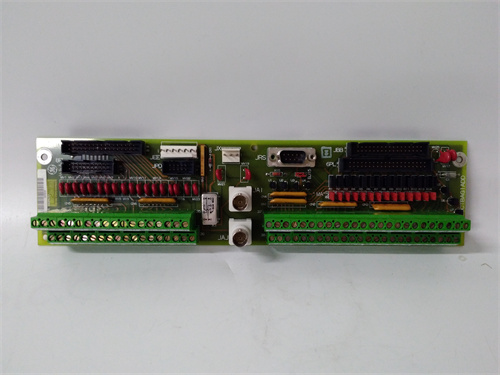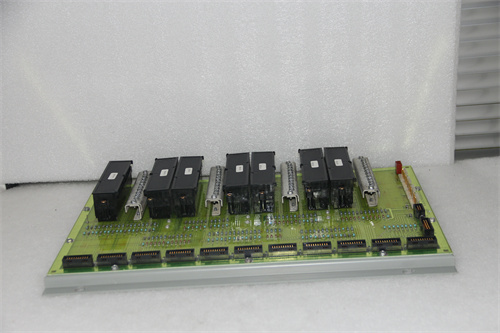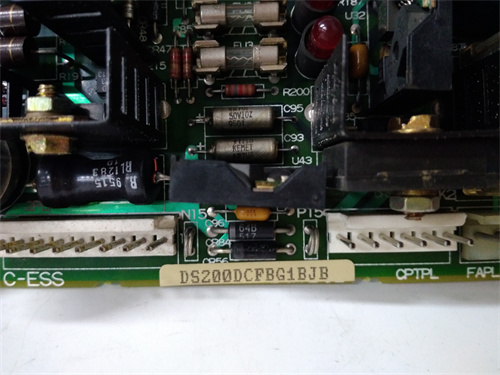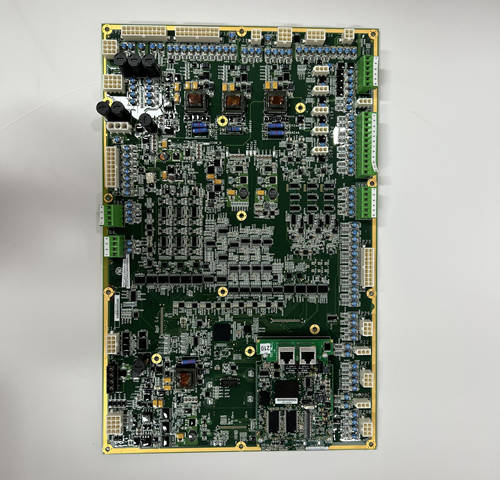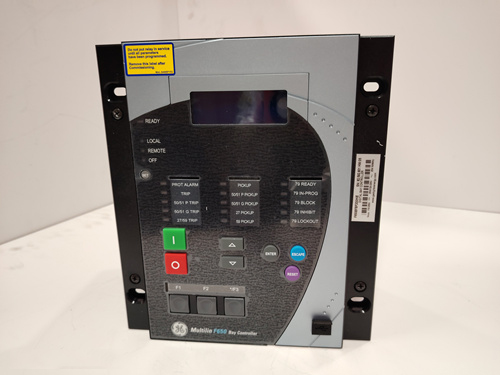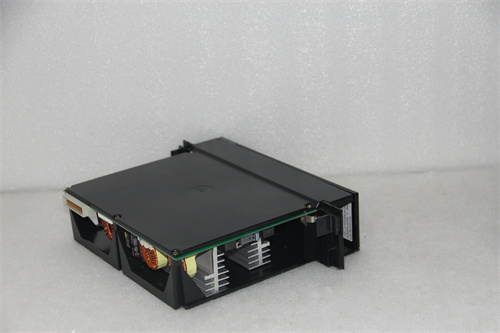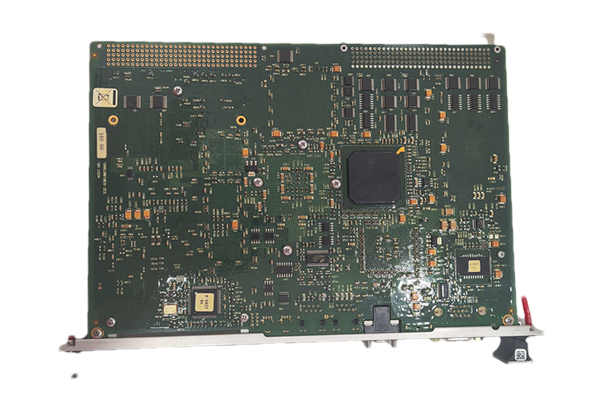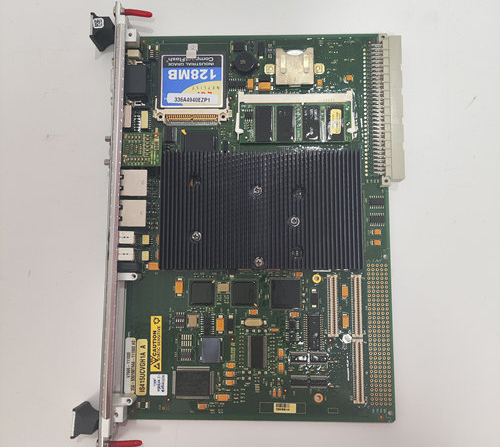Our Products
Comprehensive industrial automation solutions for global industries
Contact us
If you are interested in our products and want to know more details,please Contact us,we will reply you as soon as we can.
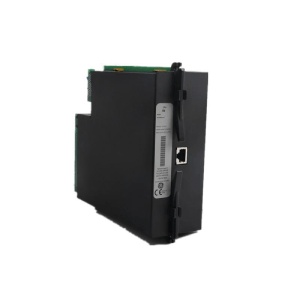
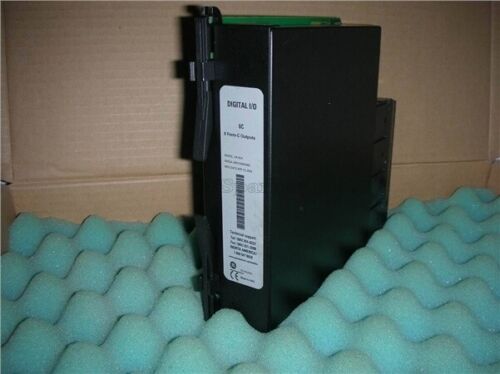
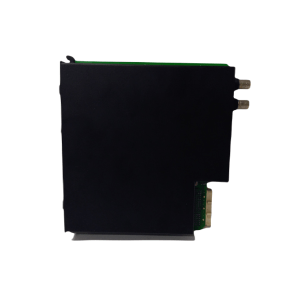
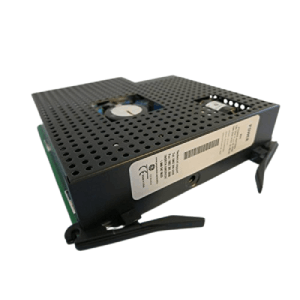
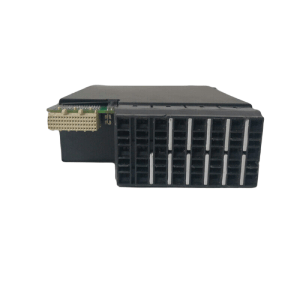

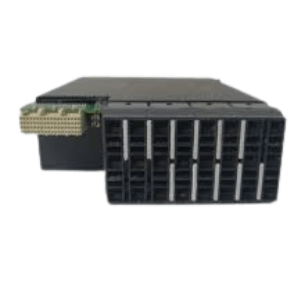
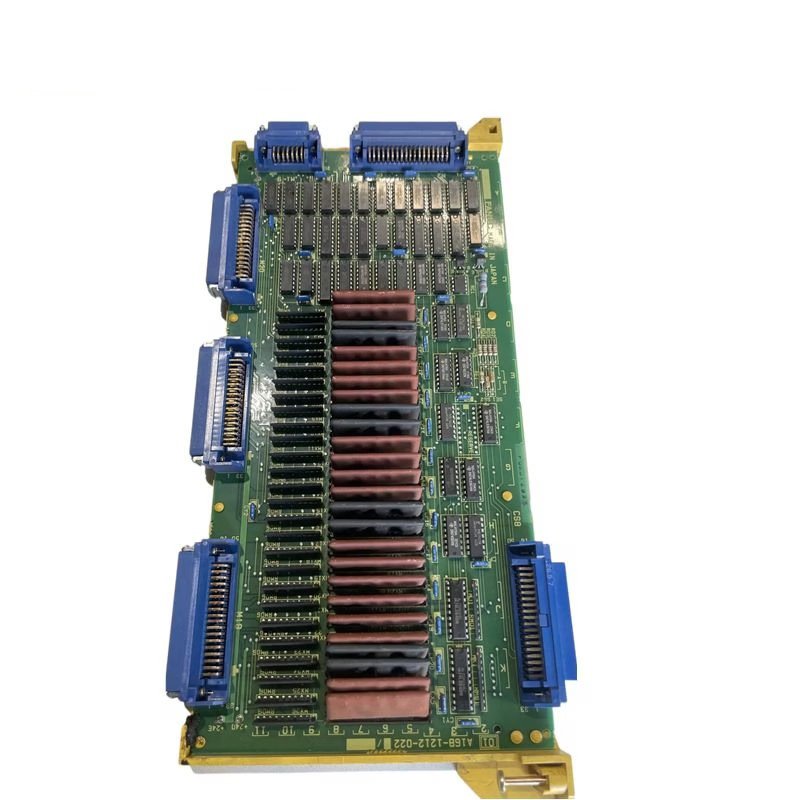
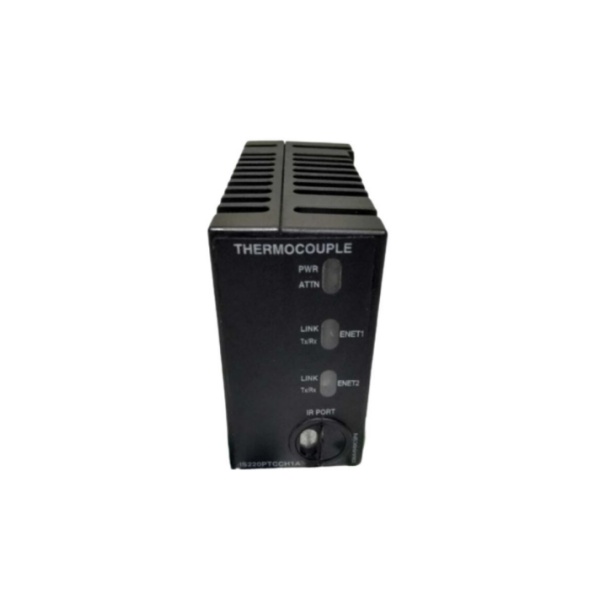
General Electric IS220PTCCH1A Thermocouple Input Module
Manufacture :General Electric
Item No :IS220PTCCH1A
Article number :IS220PTCCH1A
Series :Mark VI
Origin :United States(US)
Dimension :180*180*30(mm)
Weight :0.8 kg
Customs Tariff Number :85389091
Product Description
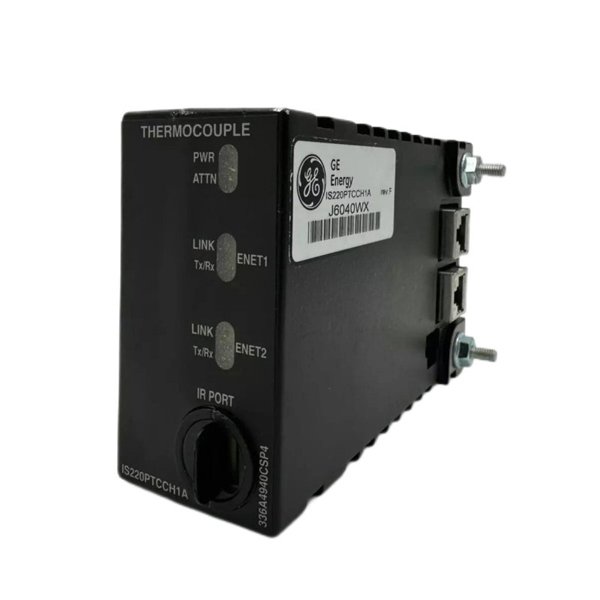
The PTCC provides an electrical interface to connect one or two 1/0 Ethernet networks and thermocouple input terminal boards. The kit contains a processor board, which is common to all MarkVle distributed I/0 kits, and an acquisition board dedicated to thermocouple input functions. The kit is capable of handling up to 12 thermocouple inputs. Two kits can handle 24 inputs on the TBTCH1C. In the TMR configuration, when using the TBTCH1B terminal board, three kits are required, each with three cold junctions, but only 12 thermocouples are available. Inputs are through dual RJ45 Ethernet connectors and a three-pin power input. Outputs are through a DC37 connector that mates directly with the corresponding terminal board connector. Visual diagnostics are provided through indicator LEDs, and local diagnostic serial communications can be achieved through the infrared port.
Frequently asked questions about the product are as follows:
-What is the purpose of the GE IS220PTCCH1A?
It is used to measure temperature by processing thermocouple signals for accurate temperature monitoring.
-What types of thermocouples does the IS220PTCCH1A support?
Various thermocouple types are supported, J, K, T, E, R, S, B, and N types.
-What is the input signal range of the IS220PTCCH1A?
The module is designed to process low voltage signals from thermocouples, typically in the millivolt range.

General Electric IS220PTCCH1A Thermocouple Input Module
Manufacture :General Electric
Item No :IS220PTCCH1A
Article number :IS220PTCCH1A
Series :Mark VI
Origin :United States(US)
Dimension :180*180*30(mm)
Weight :0.8 kg
Customs Tariff Number :85389091
Product Description

The PTCC provides an electrical interface to connect one or two 1/0 Ethernet networks and thermocouple input terminal boards. The kit contains a processor board, which is common to all MarkVle distributed I/0 kits, and an acquisition board dedicated to thermocouple input functions. The kit is capable of handling up to 12 thermocouple inputs. Two kits can handle 24 inputs on the TBTCH1C. In the TMR configuration, when using the TBTCH1B terminal board, three kits are required, each with three cold junctions, but only 12 thermocouples are available. Inputs are through dual RJ45 Ethernet connectors and a three-pin power input. Outputs are through a DC37 connector that mates directly with the corresponding terminal board connector. Visual diagnostics are provided through indicator LEDs, and local diagnostic serial communications can be achieved through the infrared port.
Frequently asked questions about the product are as follows:
-What is the purpose of the GE IS220PTCCH1A?
It is used to measure temperature by processing thermocouple signals for accurate temperature monitoring.
-What types of thermocouples does the IS220PTCCH1A support?
Various thermocouple types are supported, J, K, T, E, R, S, B, and N types.
-What is the input signal range of the IS220PTCCH1A?
The module is designed to process low voltage signals from thermocouples, typically in the millivolt range.
Need a Custom Automation Solution?
Our team of experts can design and implement a tailored automation system to meet your specific requirements.

 Loading comments...
Loading comments...